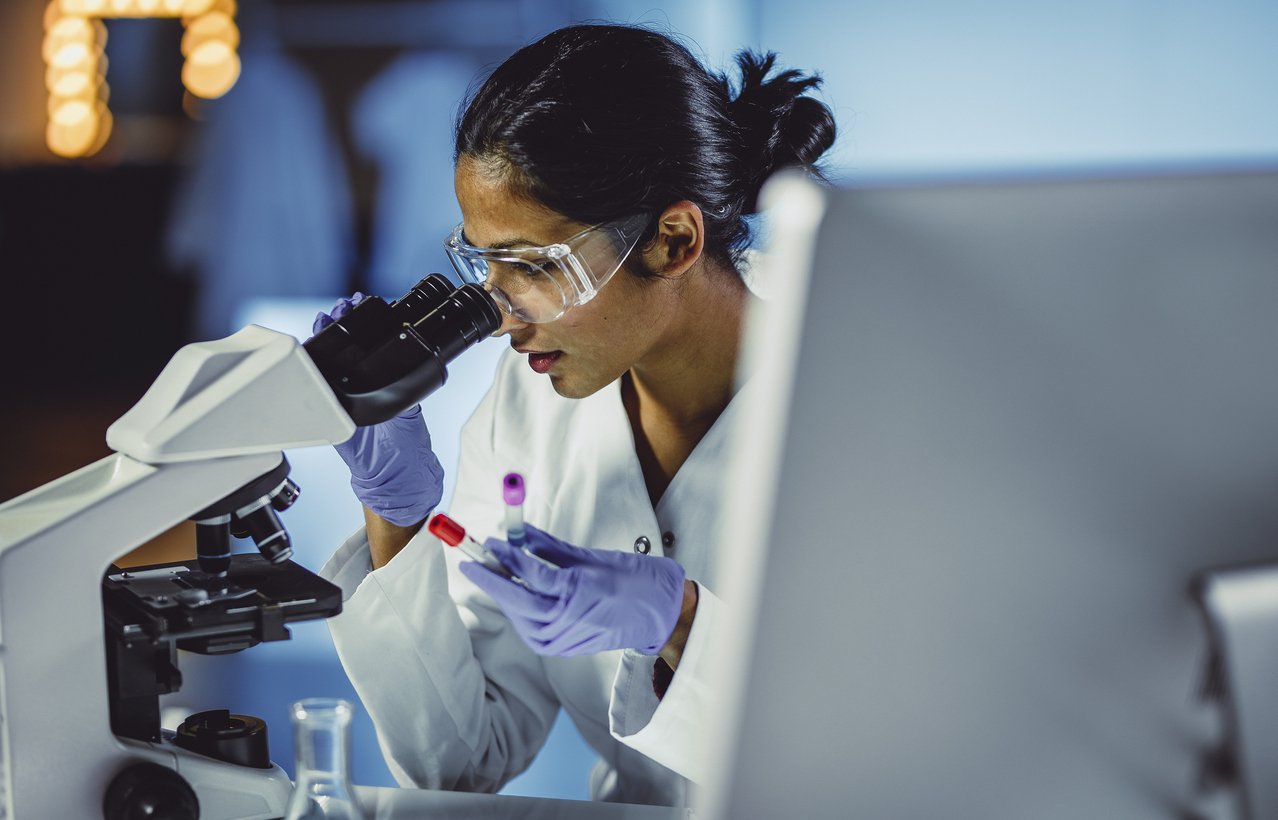
Scientist Unveil Breakthrough in Cancer DetectionScientist Unveil Breakthrough in Cancer Detection In a groundbreaking medical advance, scientists have unveiled a revolutionary new technology that promises to revolutionize cancer detection and improve patient outcomes. This breakthrough technique, known as liquid biopsy, involves analyzing a simple blood sample to detect cancer cells or DNA fragments shed by tumors. Unlike traditional biopsies, which require invasive procedures, liquid biopsies are non-invasive and can be repeated frequently to monitor disease progression. Using advanced sequencing and computational methods, scientists can now identify cancer-specific molecular markers present in the blood. This allows for early detection of cancer, even before symptoms appear, and better characterization of the tumor to guide targeted therapies. “This is a paradigm shift in cancer diagnostics,” said Dr. Emily Carter, lead researcher on the study. “Liquid biopsies have the potential to transform cancer care by enabling us to detect cancer earlier and more accurately, leading to improved survival rates and reduced side effects.” The breakthrough has already shown promising results in clinical trials. In a study published in the journal *Nature Medicine*, researchers were able to detect early-stage lung cancer with 96% accuracy using liquid biopsies. This is significantly higher than the accuracy of traditional chest X-rays, which can only detect cancer at later stages. “This technology has the potential to save countless lives,” said Dr. Samuel Johnson, president of the American Cancer Society. “By catching cancer early, we can prevent it from spreading and becoming more difficult to treat.” In addition to its diagnostic capabilities, liquid biopsies can also be used to monitor treatment response in real-time. By analyzing serial blood samples, doctors can determine whether a particular treatment is working and adjust it accordingly. This personalized approach to cancer care can optimize outcomes and minimize unnecessary side effects. “Liquid biopsies are not only a diagnostic tool but also a powerful tool for guiding treatment decisions,” said Dr. Elizabeth Green, chief medical officer of a leading cancer research institute. “They give us the ability to tailor treatments to individual patients and improve their chances of survival.” The development of liquid biopsies is a testament to the rapid advancements in cancer research. As technology continues to advance, scientists are working tirelessly to improve the accuracy, sensitivity, and utility of this game-changing technique. With liquid biopsies becoming increasingly accessible, the future of cancer detection and treatment is poised to change dramatically, leading to improved outcomes for millions of patients.
Posted inNews